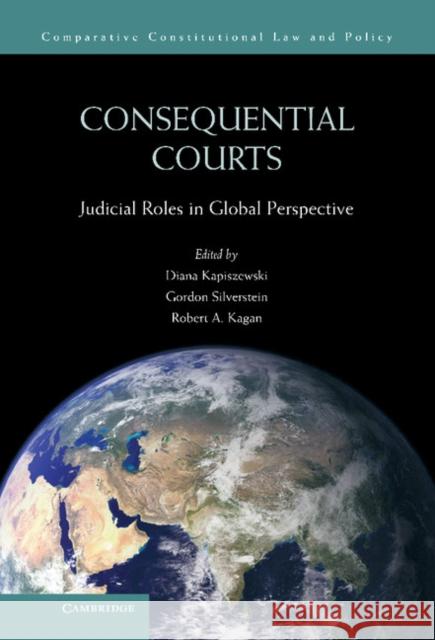Consequential Courts: Judicial Roles in Global Perspective » książka
topmenu
Consequential Courts: Judicial Roles in Global Perspective
ISBN-13: 9781107026537 / Angielski / Twarda / 2013 / 452 str.
Consequential Courts: Judicial Roles in Global Perspective
ISBN-13: 9781107026537 / Angielski / Twarda / 2013 / 452 str.
cena 361,39
(netto: 344,18 VAT: 5%)
Najniższa cena z 30 dni: 359,22
(netto: 344,18 VAT: 5%)
Najniższa cena z 30 dni: 359,22
Termin realizacji zamówienia:
ok. 16-18 dni roboczych.
ok. 16-18 dni roboczych.
Darmowa dostawa!
Maps the roles in governance that courts are undertaking and how they matter in the political life of these nations.











